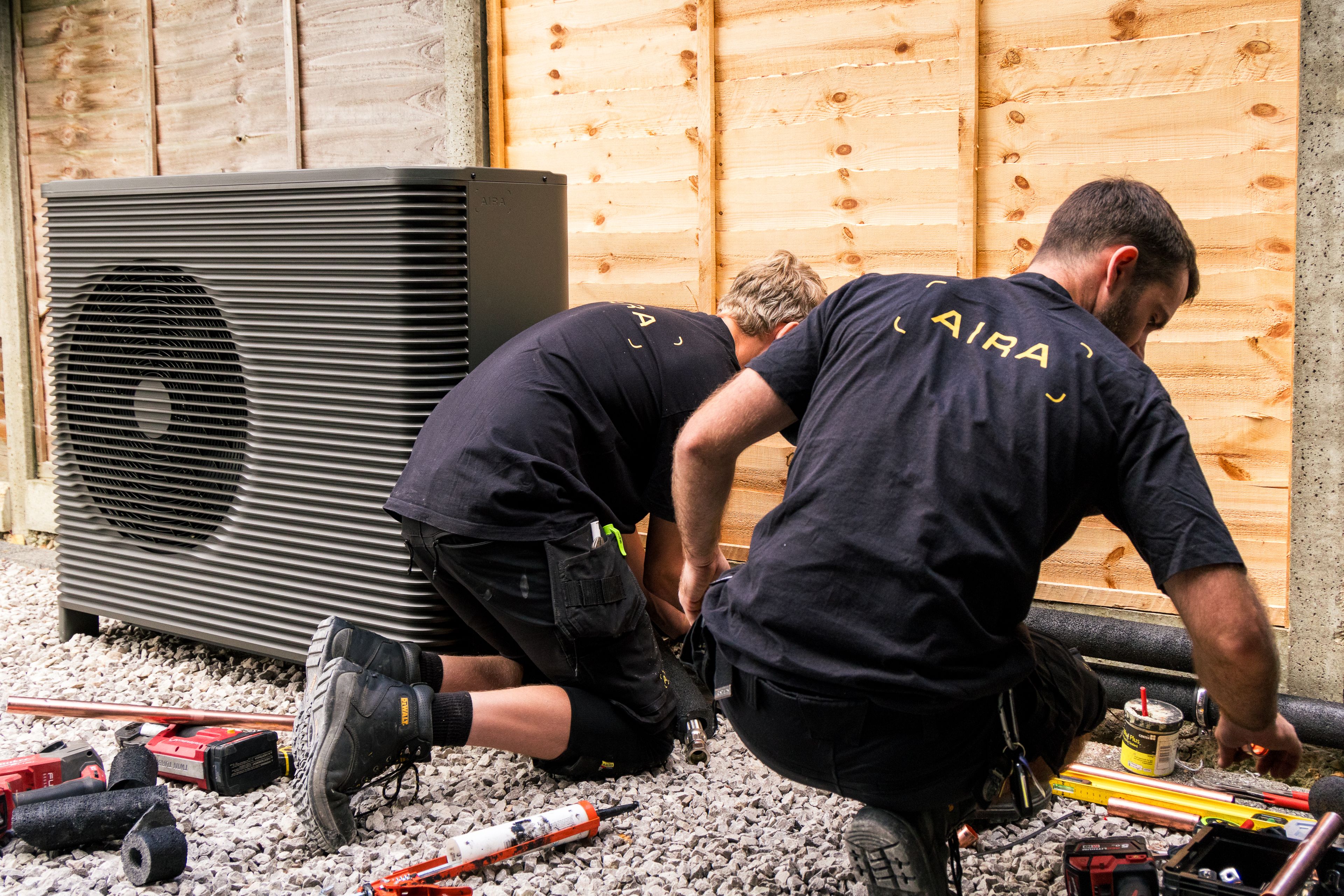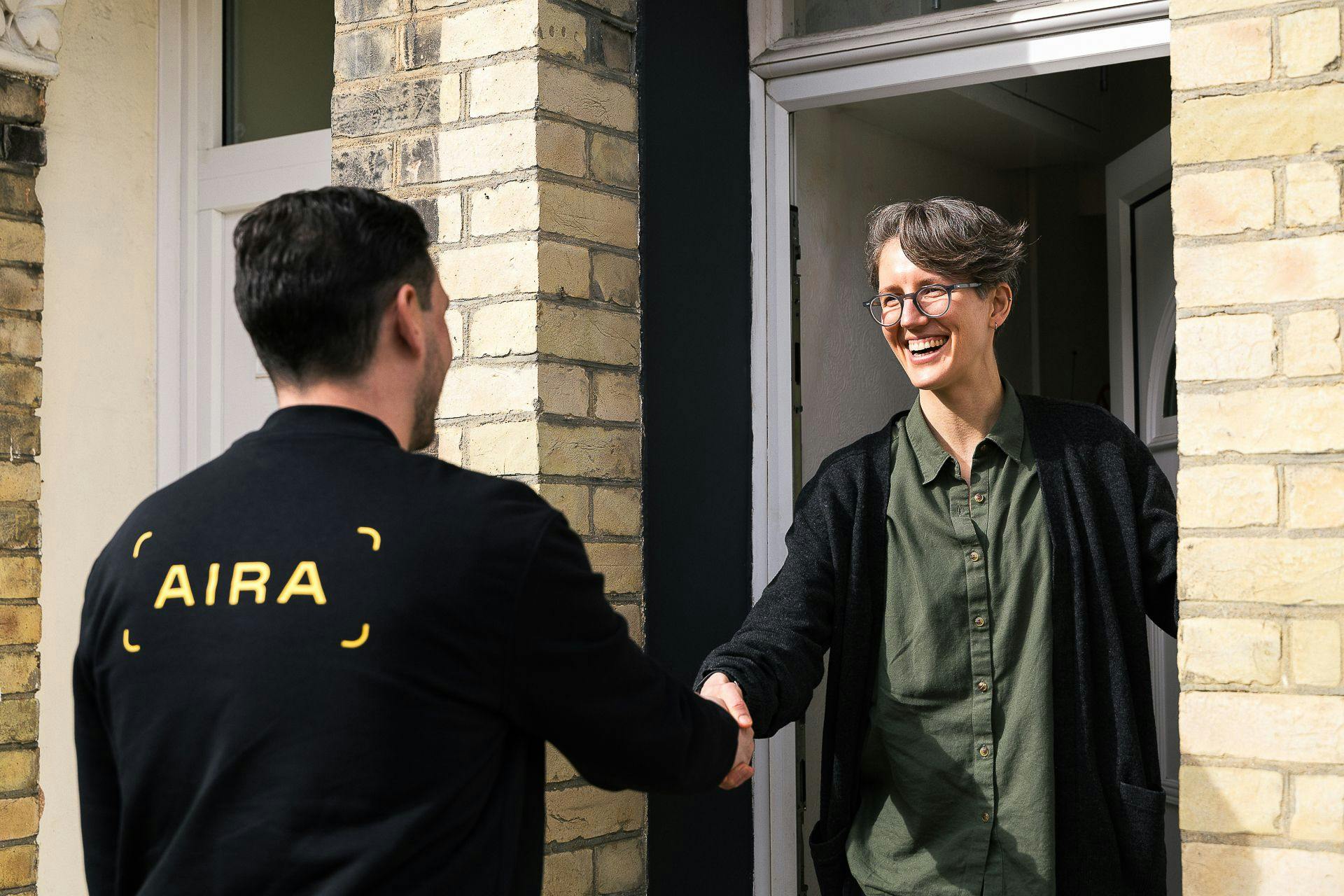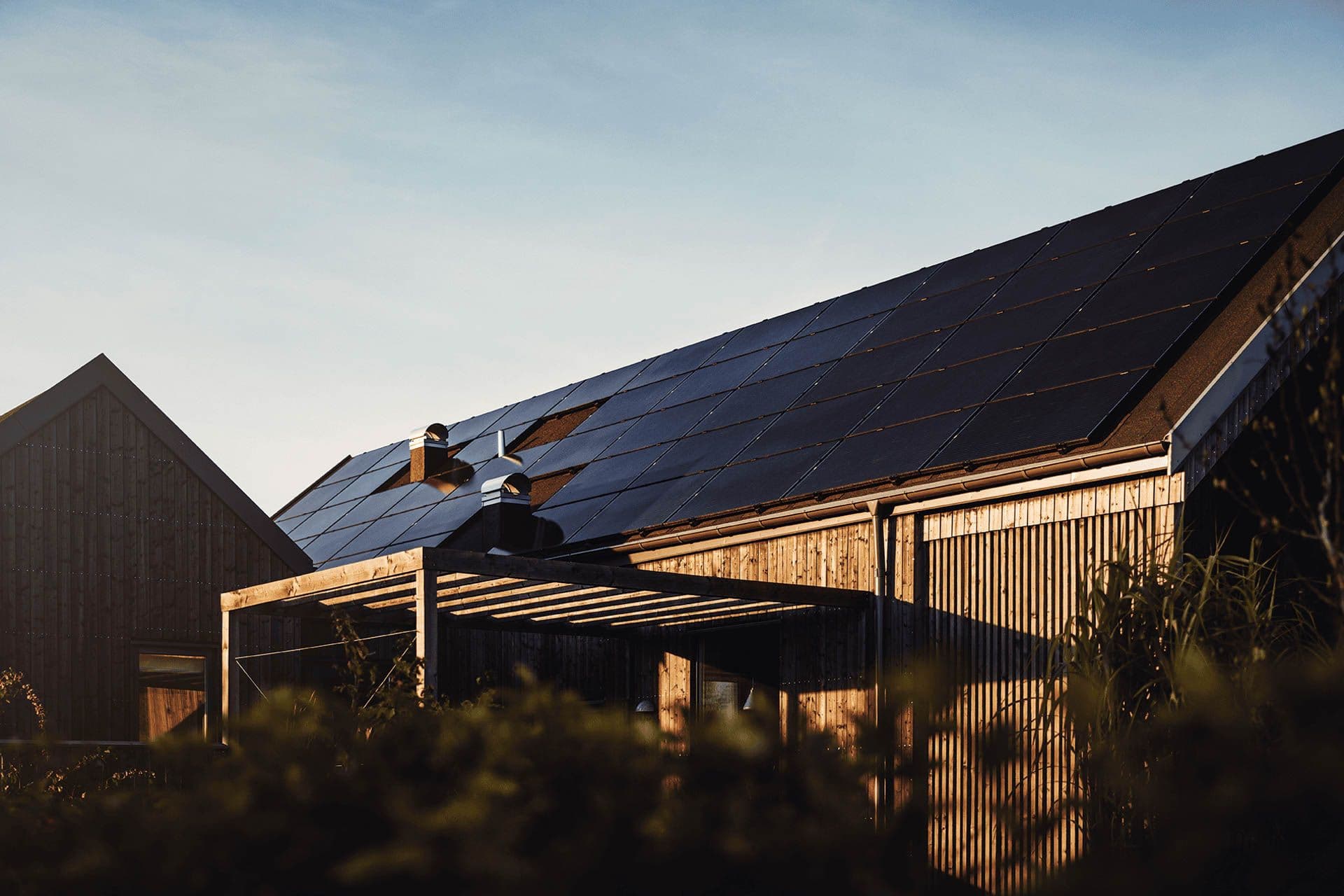Key takeaways
- Heat pumps typically last for about 15-20 years. More modern systems with proper upkeep can last even longer.
- Quality of installation, regular upkeep, the model of the heat pump and its usage all impacts its lifespan.
- Smart maintenance practices and choosing the right type of heat pump can help extend its lifespan and keep energy costs low.
When it comes to investing in a heat pump, a key question that’s often asked is: "How long will it last?” Typically, a high-quality heat pump can last between 15 to 20 years, though with recent tech advancements, some can keep running up to 25 years or longer.
The type of heat pump does have an impact on longevity. Ground source heat pumps, for example, usually last longer than air source and air to water heat pumps. However, ground source heat pump installations are more costly and complex than their air source counterparts.
There are also a range of other factors that impact how long a heat pump lasts. These include installation quality, the heat pump model, maintenance and general upkeep, environmental conditions and overall usage. Let’s get into them.
Factors affecting lifespan
1. Installation quality
It might seem obvious, but the way your heat pump is installed affects its performance and overall durability. Just like any central heating system, improper installation can lead to reduced efficiency and an increased risk of early breakdowns.
That's why hiring reputable and accredited HVAC installers, like our Aira Academy-trained Clean Energy Technicians, is vital. They tailor each heat pump installation to the household's unique heating and hot water needs, ensuring maximum efficiency and reliability while reducing the likelihood of breakdowns.
2. Brand and model
The quality of the heat pump also plays a big role in longevity. Newer models, manufactured within the last 5-8 years, are designed with advanced technologies that enhance their lifespan. The Aira Heat Pump, for example, is designed to be future-proof and is independently tested and certified to meet the top industry standards.
3. Maintenance
Routine maintenance is important for a long-lasting heat pump. Simple at-home checks and scheduling annual maintenance can help prevent expensive repairs.
If you're a heat pump owner, you can contribute by performing at-home maintenance tasks, such as cleaning your outdoor unit, checking air filters, ensuring unobstructed airflow, bleeding your radiators and checking your system's pressure. These practices help prevent expensive repairs and maintain efficiency over time.
4. Environmental conditions
Climate and weather can affect how your heat pump performs. Air source heat pumps work best in milder climates but are built to work in colder weather too. Just ask Sweden, where heat pumps are the norm – as are sub-zero winters!
For some heat pumps, cold weather may cause ice to build up on the outdoor unit, which may need clearing from time-to-time. However, some modern models, such as the Aira Heat Pump, have their own in-built de-icing systems. Learn more about how a heat pump works in winter.
Coastal areas, where salt levels lead to corrosion, also require more diligent maintenance to offset wear.

Tips to maximise your heat pump's lifespan
Want your heat pump to last longer? Follow these strategies to keep it performing at maximum efficiency and lowering your energy bills for years to come:
- Professional checks: Contact your provider to determine how often your heat pump needs general maintenance to inspect components like electrical connections, fan blades and refrigerant levels. The Aira Heat Pump is intelligently designed to notify you of any issues, allowing our technicians to either rectify them remotely or provide a service visit to resolve any issues.
- Check your filter: Check and clean your air filter once a year. If you feel your heat pump is running inefficiently, talk to your provider as you may need a replacement.
- Clear the outdoor unit: Keep the outdoor unit clear of debris and ice in cold weather.
- Thermostat control: Modern heat pumps come with a programmable thermostat to better regulate temperature and avoid overworking the system. If you don't have one, consider contacting your local provider to have one installed.
Signs your heat pump needs replacing
Even with great maintenance, every system eventually needs replacing. Here’s how to know when:
- Frequent repairs: If you're paying for maintenance, constant breakdowns can add up, often making a new system more cost-effective.
- Higher energy bills: A sudden rise in your energy bills is a common sign that the heat pump is losing efficiency.
- Inconsistent temperatures: If some rooms are too warm and others too cool, it could be a sign the system is struggling.
- Strange noises: Grinding or rattling sounds often mean mechanical issues that are usually best addressed with a replacement.
Keep learning
Similar articles to expand your knowledge

Published today
Carl RobinsonThe Warm Homes Plan: what it really means for your energy bills
The UK’s new Warm Homes Plan confirms one thing: the future of cheaper energy is clean, electric homes. Here’s what the plan really means for homeowners. And how heat pumps, solar and home batteries can cut your bills long before 2030.

Published at 15 Jan 2026
Carl RobinsonIs a heat pump ideal for your semi-detached home?
Think heat pumps are only for large detached homes? In reality, semi-detached houses are perfectly suited to them. We delve into why heat pumps work so well in these homes and whether yours is ready for the swtich.

Published at 6 Jan 2026
Carl RobinsonSolar panels with home battery storage: is it worth it?
Solar panels generate free, 100% clean energy, but a home battery is what helps you use more of it. By storing excess solar power for later, battery storage can make solar far more effective. Here’s why solar and batteries belong together. And where Aira fits in.

Published at 19 Dec 2025
Carl RobinsonIs a heat pump ideal for your single-family detached home?
If you own a single-family detached home, you’re already in a strong position to switch to a heat pump. With full control over your space, insulation and energy use, heat pumps can deliver lower bills, steadier comfort and lower emissions all year round. Here’s what to know about performance, costs and everyday life with a heat pump in a single-family detached home.

Published at 17 Dec 2024
Carl RobinsonHeat pump efficiency explained: When is a heat pump most efficient and why
Heat pumps are the most efficient way to heat a UK home and are typically 4 times more efficient than a gas boiler. But what actually drives that efficiency? And when do heat pumps perform at their best? This guide breaks it down simply, from COP and SCOP to the real factors that shape performance.

Published at 2 Dec 2025
Carl RobinsonDo heat pumps work in older homes?
Thinking heat pumps are just for new builds? Think again. Many older homes can run a heat pump efficiently and affordably – cutting energy bills, reducing carbon emissions, and future-proofing your home. Just as a heat pump in a newbuild home would.

